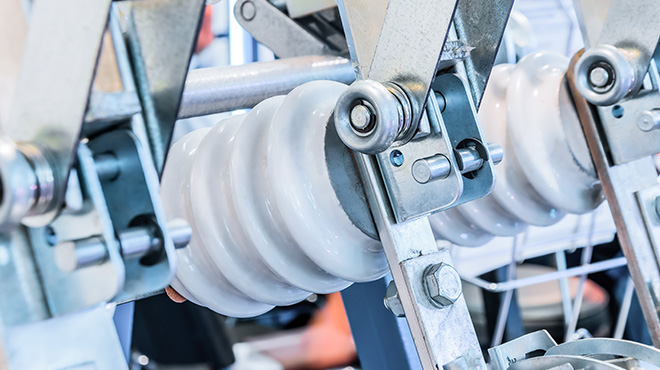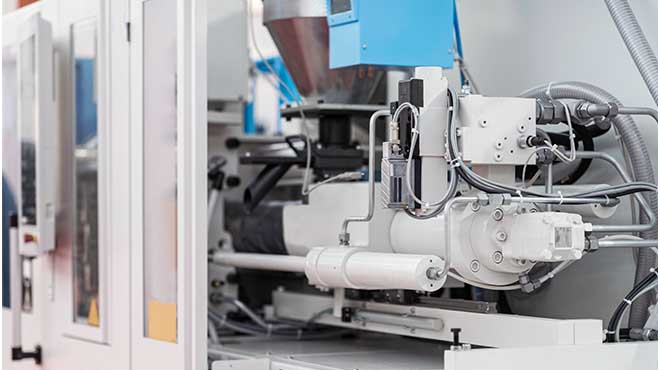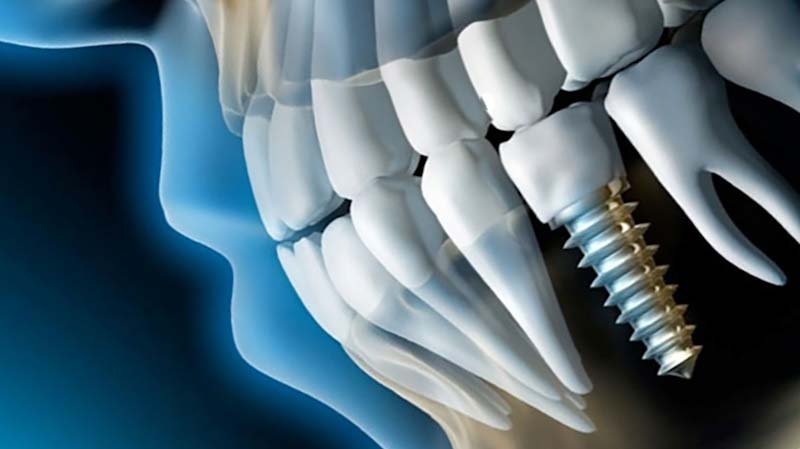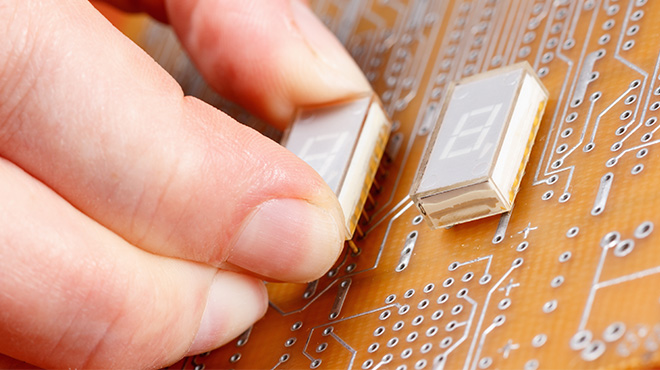Fully automatic density determination for ceramic injection moulding (CIM)
Ceramic injection moulding (CIM) and density measurement of injection-moulded components Ceramic injection moulding is an extremely versatile...
3 min read
Philipp Prüße : 03.06.2024

Properties of ceramic materials
Alumina (aluminium oxide): The all-rounder in the world of industrial ceramics
Zirconium oxide (ZrO2): Zirconia, the ‘diamond’ among ceramics
Silicon nitride (Si3N4): A material with promising potential
Conclusion: Technical ceramic materials - a key to the industrial revolution
Ceramic materials are inorganic, non-metallic materials that are characterised by their special properties. They consist of compounds of metals and non-metals and are characterised by their high hardness, resistance to heat and chemicals as well as their electrical insulating properties. The manufacture of ceramic materials goes back a long way in history and has developed steadily over the course of time.
The world of industrial ceramics is deep and complex. With their unique blend of durability, resilience and flexibility, technical ceramic materials have had a revolutionary impact on a wide range of industries. In this article, we will explore the main ceramic materials and their applications in detail.
Ceramic materials have a number of remarkable properties that distinguish them from other materials. Some of these properties are:
High hardness: Ceramic is exceptionally hard and resistant to abrasion and scratches.
Heat resistance: Ceramic can withstand extremely high temperatures, making it ideal for high-temperature applications.
Chemical resistance: Ceramic is largely insensitive to most chemicals and corrosion.
Electrical insulation: Industrial ceramics are excellent insulators and are therefore used in many electronic applications.
Biocompatibility: Bioceramics are compatible with the human body and are therefore used in medicine..
Alumina, also known as aluminium oxide, is one of the most commonly used materials in technical ceramics. With its remarkable hardness, excellent thermal conductivity and outstanding chemical stability, alumina is an excellent choice for a wide range of industrial applications.
It is widely used in medical devices, electronics, automotive components and even in the aerospace industry. Thanks to its versatile properties and its ability to fulfil demanding industrial requirements, Alumina has gained a firm place in the world of technical ceramics.
Alumina is used in the electronics industry for the production of substrates, insulators, heat sinks and electrical insulators.
In medical technology, aluminium is used in implants such as hip joints, knee prostheses and dental implants due to its biocompatibility and durability.
Alumina is used for components in engines, brakes, spark plugs, sensors and seals because of its high hardness and resistance to heat and wear.
Due to its thermal stability and resistance to corrosive environments, alumina is used in the aerospace industry for nozzles, thermal insulation components and rockets.
Alumina is used for wear protection coatings, ball bearings, guide elements and other high-temperature and high-pressure applications..
Alumina serves as the basis for various ceramic products such as ceramic tiles, tableware, abrasives and ceramic parts.
Zirconium oxide, often referred to simply as ‘zircon’ or ‘zirconia’, is another strong and versatile material in technical ceramics. Its outstanding mechanical properties and ability to withstand high temperatures and corrosive environments make it an ideal material for use in demanding industries such as the automotive industry, medical technology and electrical engineering.
Zirconia is often used for zirconia all-ceramic crowns, especially in dentistry.
In addition to its mechanical strength, zirconium oxide also offers aesthetic advantages. With its high polishability and brilliant lustre, it is also a popular material for jewellery and decorative works of art.
Silicon nitride is an up-and-coming material in the world of technical ceramics. It is characterised by high strength, good thermal stability and excellent resistance to wear and corrosion. It also has a low density, which makes it an ideal material for lightweight applications.
Silicon nitride is also often used in the automotive, aerospace, power generation and semiconductor industries. It has the potential to overcome many of the challenges facing these industries and promises to play an important role in the future development of technical ceramics.
The materials mentioned above are just a few examples of the diversity of technical ceramic materials. Alumina, zirconium (oxide) and silicon nitride are all unique in their properties and applications and offer enormous opportunities for a wide range of industries.
The continuous development and improvement of these materials will undoubtedly lead to even greater breakthroughs in industrial ceramics. Not only do they help to increase the performance and efficiency of industrial processes, but they can also help to open up new avenues for innovation and creativity. If you would like to learn more about technical ceramics, we recommend our article ‘Technical ceramics in focus: Introduction to a fascinating material’

Ceramic injection moulding (CIM) and density measurement of injection-moulded components Ceramic injection moulding is an extremely versatile...

1 min read
‘Health is the first duty in life’, as Oscar Wilde aptly remarked. The use of technical ceramics for implants has become indispensable as a medical...

2 min read
What awaits you here: What is technical ceramic? Properties and advantages of technical ceramics Areas of application for technical ceramics ...